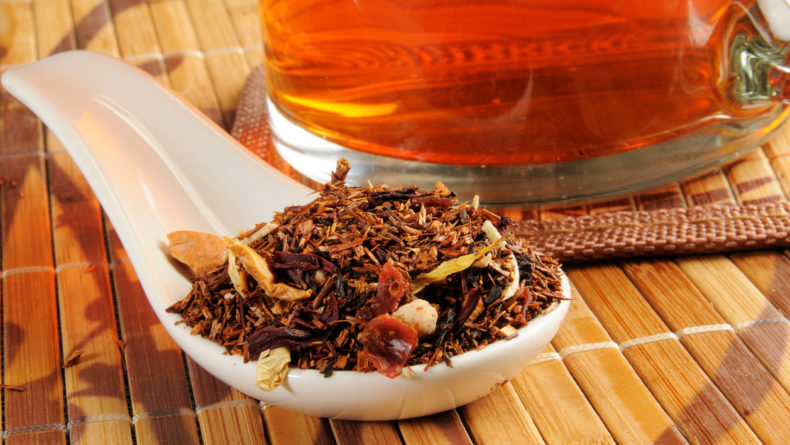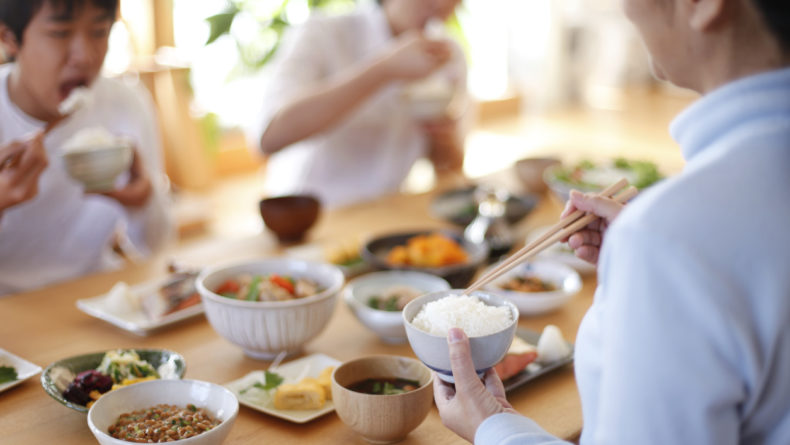Ditch The Quick Fix: 5 Easy Ways To Replace Expensive Supplements
Use These Japan-Specific Deals Instead
There are so many products on the market, everyone has an opinion on what’s best, and every product promises magical results. Truth is, all those miracle supplements are totally replaceable – and Japan has the perfect alternatives.
Everyone likes a quick fix. It’s why the shelves at your local drugstore are overflowing with products. Supplement companies use buzzwords to convince you that their product will make you lose 10lbs in a week, live to 100, and have the skin of a Japanese baby until you die. A pill or powder sounds a whole lot easier than maintaining regular hydration or preparing nutrient-dense and satiating meals. But I’m gonna be real with you. The word “supplement” shows exactly what they do — they supplement a nutritious diet and well-rounded training plan.
Therefore, you will be doing yourself an immense physical and financial favor — and will improve your body composition — by spending your money on high-quality, whole foods to nourish your body and fuel your training. Here are five supplements that are generally considered worthwhile, but you might want to reconsider replacing them with something else.
1. Eat ikura instead of buying collagen
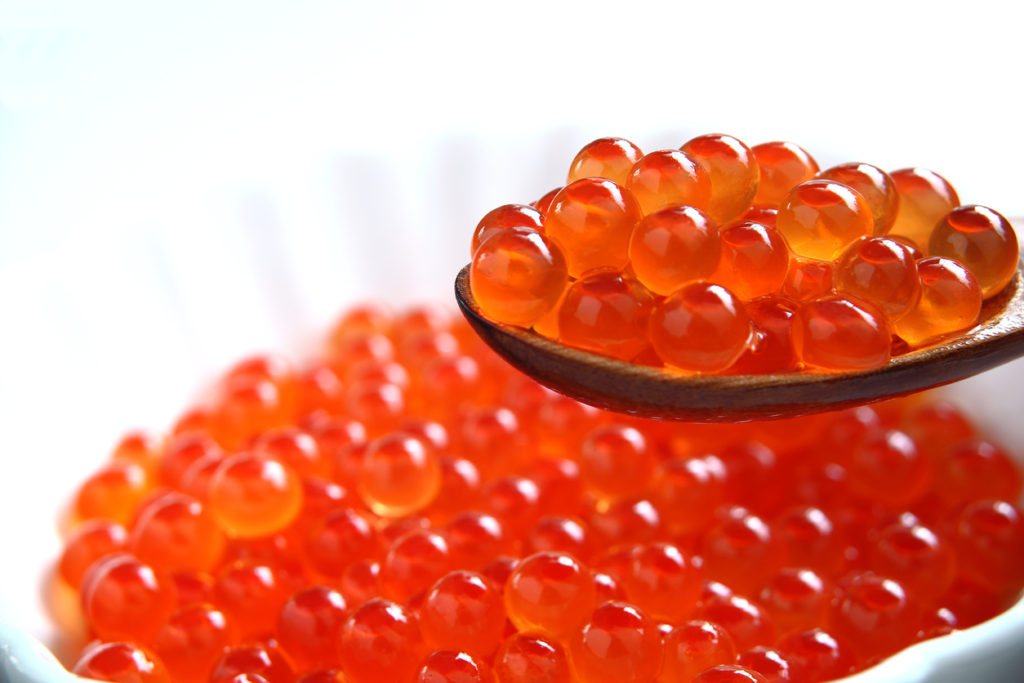
Collagen in Japan is all the rage for glowing skin. Collagen drinks, powders, and pills…they’re everywhere. Tourists stock up and take them to their home countries like there’s no tomorrow, but ingesting collagen massively is unlikely to improve your skin quality or have any miracle anti-aging benefits.
When you consume collagen, it combines with stomach acid to form gelatin. The gelatin is then broken down in your intestines to create the four non-essential (read: “unnecessary”) amino acids, glycine, proline, arginine, and hydroxyproline. Those proteins get broken down into individual amino acids to be absorbed, the body synthesizes new peptides it needs, but it is not guaranteed that the body will re-synthesize the ingested collagen back into collagen for glowing skin.
The word “supplement” shows exactly what they do — they supplement a nutritious diet and well-rounded training plan.
While there are studies that prove that beef gelatin may help inflammation in joints, most collagen in Japan is sourced from mackerel. Commercial powders are also laden with sugars (artificial and real). The better bang for your buck is to consume high-quality fish, not only for the collagen but also for the omega 3 fatty acids and protein content. At upwards of ¥5,000/month for collagen powders and drinks, you’re better off treating yourself to some nice ikura (salmon roe), which will boost your collagen and help you stay hydrated.
2. Drink Pocari Sweat instead of BCAAs
BCAAs are three essential amino acids found in protein: leucine, isoleucine, and valine. They’re essential because the body is unable to create them from other amino acids, which means you have to consume them from whole food sources or supplements. However, that cool lookin’ blue raspberry drink is just glorified Gatorade.
If you reach your daily protein needs from whole foods, adding more “protein” in the form of BCAAs will not contribute to muscle growth or prevent muscle wasting — unless you’re vegan, vegetarian, or have a metabolic disorders, kidney, or liver diseases, in which case you may be lacking sufficient leucine intake. If you’re not… drink Pocari Sweat! If you’re getting sufficient protein intake daily (no more than 1.6g/kg of body weight for strength trainees, and 1.2g/kg of body weight for sedentary individuals), a Pocari Sweat will be of better value, as it has all the essential amino acids your body needs. Plus it’s that cheap!
3. Focus on what you lack rather than turning to multivitamins
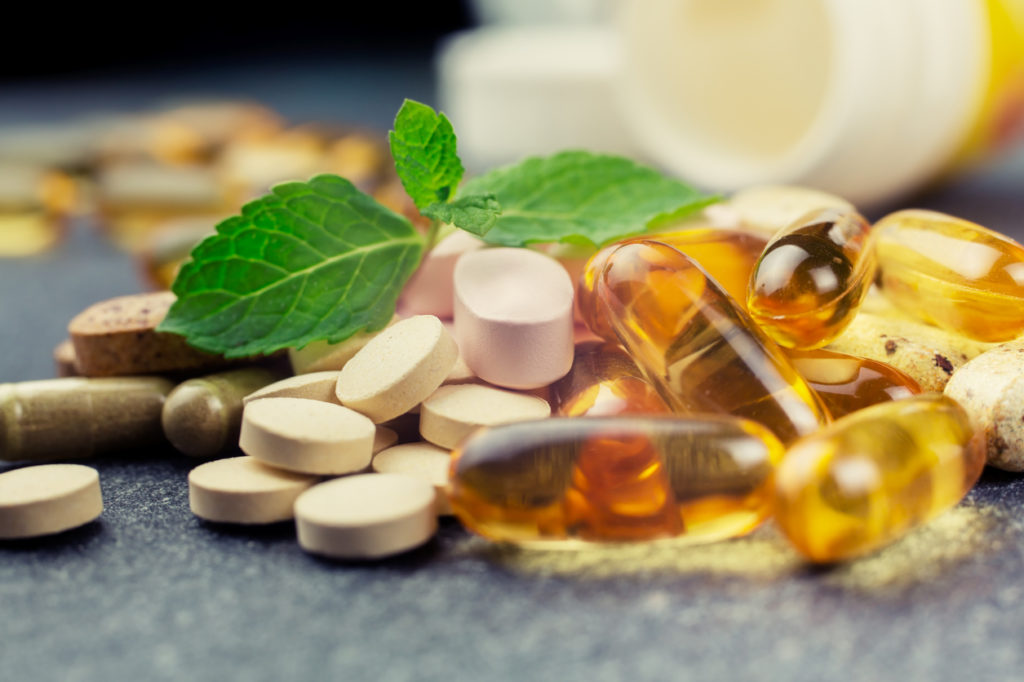
Somewhat, every word starting with “multi” sounds kinda fulfilling. It makes you feel that you’re doing a lot with a minimum effort, doesn’t it?
Truth is, multivitamins are unnecessary if you have a good diet (try logging your food in an app that works in Japan, like MyFitnessPal, to check!). If it doesn’t contain all the nutrients you need, and your deficiencies have been determined by a registered physician, a 100% RDA multivitamin may be beneficial. That said, there is always a small risk of overdose from poorly dosed, cheap vitamins (like those sold at the 100 yen store).
Utilize Japan’s health insurance you’re paying for to do a blood test to find out where you’re deficient and supplement individual vitamins accordingly. With magnesium deficiency being common with women, however, it is recommended to take Vitamin D (at least 1,000 IU daily). Unless you’re consistently exposed to the sun, it’s vital for the prevention of autoimmune diseases, especially in Japan where obscene sun-coverage is the norm. Despite what everyone says, you’re unlikely to be deficient in vitamin C. Too much of it can, in fact, cause inflammatory signals for cell repair to be compromised and can affect your muscular growth and strength development. So, don’t buy packs of those believing it will be your ultimate genki and skin glow fix.
4. Eat fish instead of taking fish oil supplements
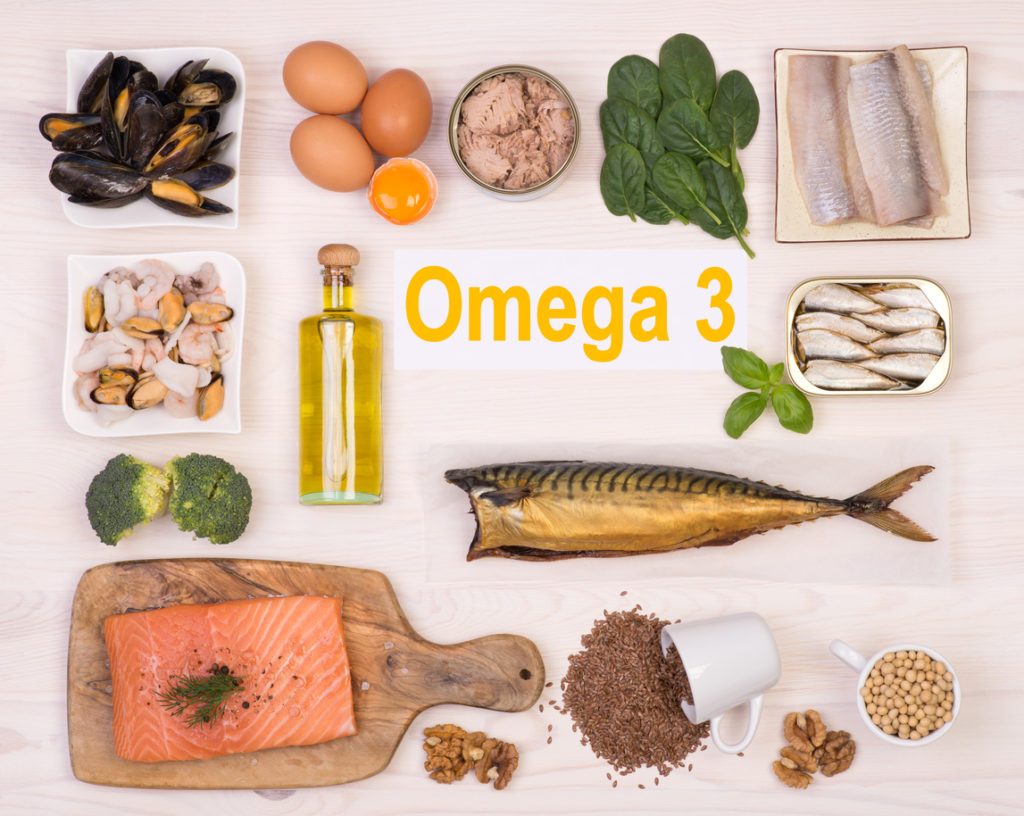
Omega-3 fatty acids are extremely important in a woman’s diet and are essential for hormonal function. Fish oil supplements are touted to help you build muscle, lose fat, and improve your brain function. But why use artificial fish oil supplements when, hello, you’re in Japan? it’s actually cheaper and with better bioavailability to consume the real thing.
A hundred grams of fatty fish (salmon, aji, sanma, fatty tuna, etc.) is equivalent to 10g of fish oil. Eating the real thing will give you the protein to build muscle, the omega-3’s to improve your hair, skin, and nails, and the fats to fuel your workouts and break down soluble vitamins.
5. Make your own pre-workout drinks
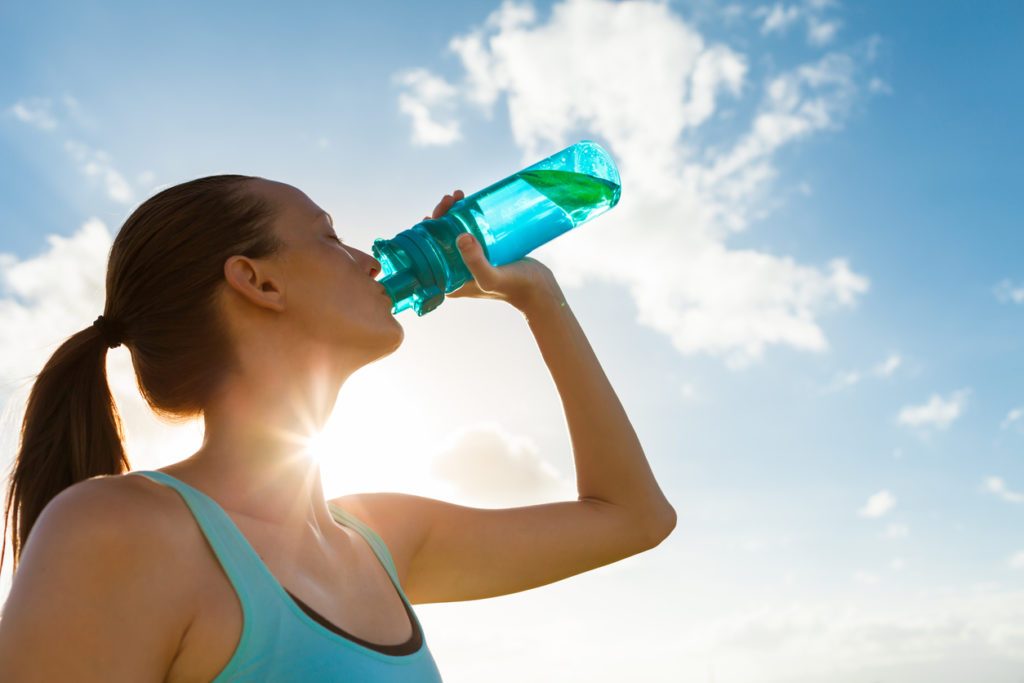
Drink matcha like no one’s business already? Then, your pre-workout supplement is like the BCAAs mentioned before. You’re paying to drink a funny colored flavored beverage. If you want to benefit from pre-workout caffeine, say sayonara to your morning coffee — you’ll have to abstain from caffeine intake throughout the day to feel the effects. Additionally, most pre-workout supplements are full of mystery bulk powders.
So, if you want the effects and to know what exactly goes in your drink, make your own. Like this one here, for example:
Matcha Muscle pre-workout
- 200-300 mg Caffeine (powder or pill form) – gives you the pure boost of energy to crush your workout.
- 2-5g Matcha Powder – delicious, slightly caffeinated, and accessible in Japan.
- 5g Creatine Monohydrate – the one supplement that has been proven, time and time again, to assist muscle growth and retention
- (optional) 3g Beta-Alanine and/or 3g L-arginine – a naturally-occurring amino acid and a vasodilator, respectively. Will give you the tingly sensation people look for in pre-workouts, aka “the pump”.
- 300ml Water
*Take between ½ – 1 hour prior to training. Adjust dosages (and start small!) if you’re sensitive to caffeine or the tingling effects of beta-alanine.
If you need extra reassurance, many of my peers — top bodybuilders, power/weight lifters, fighters, and trainers — take very few supplements and are discerning when it comes to the quality of what they put in their bodies. I encourage you to take advantage of the superb food we have in Japan and fuel your body with high-quality ingredients. Your skin, your hair, your muscles, and your body will be telling you arigato on and on again.











